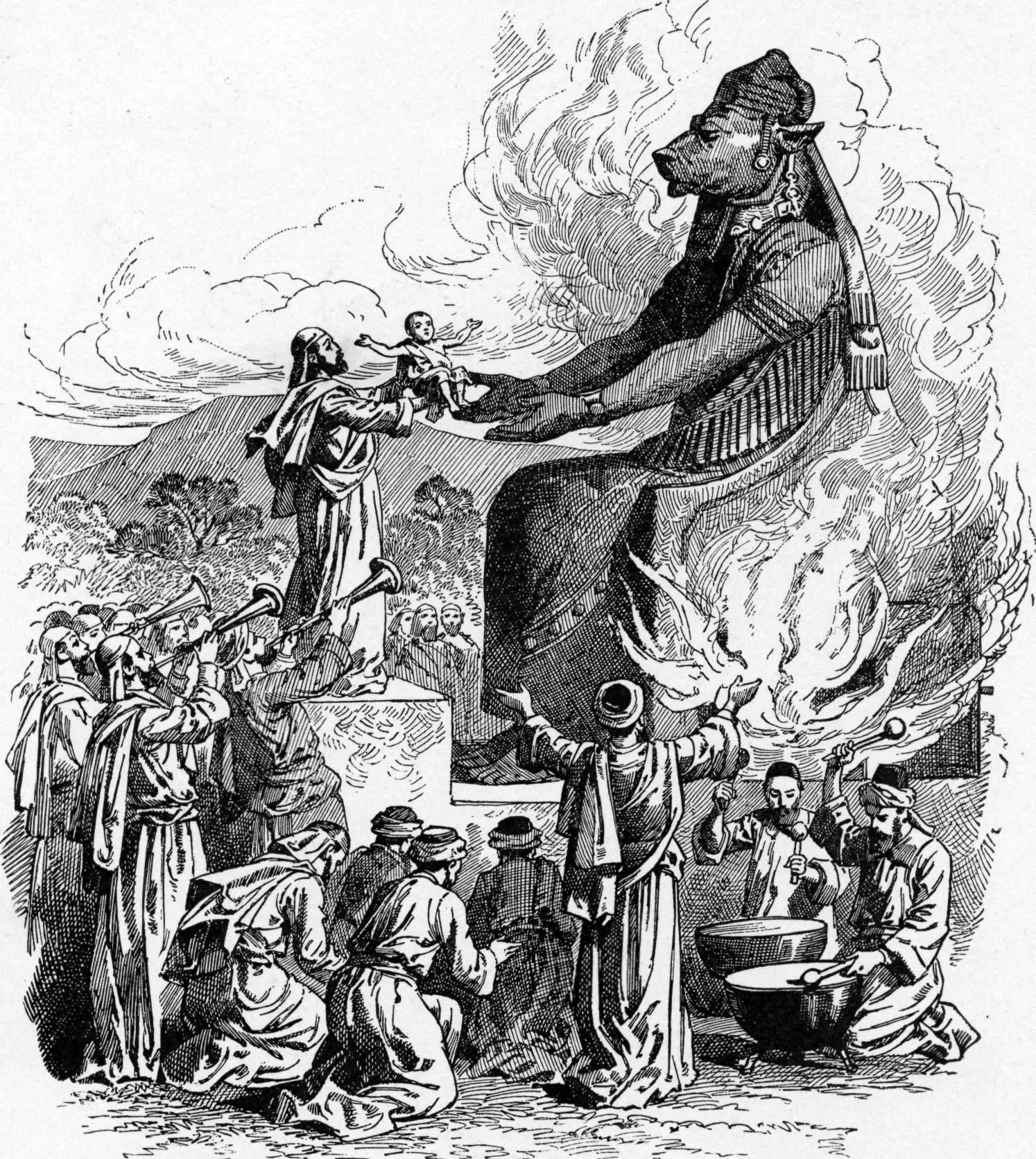When it comes to caring for our planet, the Bible provides a clear message. The good book doesn’t shy away from addressing humanity’s responsibility towards the earth. From Genesis all the way to Revelation, there are verses that underline the importance of cherishing and safeguarding God’s creation.
Genesis 2:15 says, “The Lord God took the man and put him in the Garden of Eden to work it and take care of it“. This verse sets an early precedent about mankind’s duty towards nature. It’s not merely about reaping what Mother Earth has to offer but also ensuring she thrives for generations yet unborn.

In Psalm 24:1 we read, “The earth is the LORD’s, and everything in it,” reminding us that we’re merely stewards on borrowed land. Meanwhile, Revelation 11:18 warns of judgement for those who’d destroy this beautiful world we’ve been entrusted with. These passages serve as sobering reminders that looking after our planet isn’t just a physical or environmental issue – it’s a spiritual one too.
Understanding the Bible’s Perspective on Earth Stewardship
Delving into the sacred scriptures, one can find that they’re brimming with teachings on how we should care for our planet. It’s clear, right from Genesis, that God entrusts humans with the responsibility of looking after Earth. He instructs Adam and Eve to “be fruitful and increase in number; fill the earth and subdue it. Rule over… every living creature…” (Genesis 1:28). This doesn’t imply exploiting resources recklessly, but rather managing them wisely as good stewards.

In Psalms, it becomes evident that nature is a reflection of God’s glory. Psalm 24:1 states: “The earth is the Lord’s, and everything in it.” This reminds us that we don’t own the Earth — we’re simply its caretakers. It emphasizes respect for creation because everything belongs to God.
Moreover, several passages advocate sustainable living practices long before ‘green’ became a buzzword. For instance, Leviticus 25:3-5 advises against exhausting fields by continuous cropping; instead endorsing crop rotation or fallow periods allowing land to rejuvenate itself.
There are numerous instances where Christians are called upon not only to be grateful for God’s gifts but also use these responsibly:
- Proverbs 12:10 points out kindness towards animals
- Deuteronomy 20:19 warns against unnecessary destruction of trees during warfare
- Revelation 11:18 warns about divine wrath on those who destroy Earth
Indeed, these biblical principles echo contemporary concerns about sustainability and conservation — underscoring that stewardship isn’t simply an act of faith; it’s a necessity for survival too!
Scriptural Insights on Caring for the Planet
Scripture doesn’t shy away from emphasizing the importance of caring for our planet. In fact, one of the first commands God gave to humans was about stewardship over the earth. Genesis 2:15 says, “The LORD God took the man and put him in the Garden of Eden to work it and take care of it.” From this verse, it’s clear that since mankind’s early days, they’ve been tasked with looking after their environment.
Even beyond Genesis, numerous other passages echo similar sentiments. For instance, Psalm 24:1 proclaims: “The earth is the LORD’S and all that is in it”, reminding us that we’re merely caretakers here on borrowed time. This underscores how crucial it is to aptly manage these resources not only for ourselves but also for generations yet unborn.
While some might argue that these words were spoken thousands of years ago and don’t apply today, consider Proverbs 12:10 which states “Whoever is righteous has regard for the life of his beast”. If we’re encouraged to even consider our animals’ well-being, wouldn’t that extend to our wider planet?
It’s also worth noting Numbers 35:33-34 where pollution is frowned upon. Here God warns His people not to defile their land with bloodshed because ‘the land cannot be cleansed of the blood that is shed therein’. This can be seen as a powerful metaphor against polluting or damaging our surroundings.
This isn’t just Old Testament teaching either; New Testament scriptures reiterate this message too. Romans 1:20 refers to nature as God’s ‘invisible qualities’, suggesting an inherent sacredness within creation itself.
So what does all this mean? It implies a clear scriptural mandate urging everyone towards responsible environmental stewardship. Therefore let’s tread lightly on this Earth —our shared home— acknowledging its Creator through mindful, sustainable living.
How the Bible Advocates for Environmental Conservation

Diving straight into it, the Bible is filled with references that urge humans to care for the Earth. Take Genesis 2:15 for instance. It’s here where God places Adam in the Garden of Eden “to work it and take care of it.” Essentially, this highlights a key mandate from our Creator – mankind has been entrusted as caretakers of this wonderful planet.
The Book of Psalms too, points towards environmental conservation. Psalm 24:1 reads “The earth is the LORD’s and everything in it,” implying that all creatures and elements on Earth are sacred. This passage underscores an important aspect – we’re merely temporary residents here, hence we should respect and preserve our environment.
In addition to explicit references, there are several biblical principles indirectly advocating for environmental conservation:
- Stewardship: We’re reminded time and again that ‘The earth is the Lord’s’ (Psalm 24:1). As stewards, we’ve been given responsibility over creation but not ownership.
- Sabbath Rest: Biblical law includes provisions like allowing land to rest every seven years (Exodus 23:10-11). This encourages sustainable farming practices.
- Avoidance of Waste: Scriptures such as Deuteronomy 20:19–20 discourage needless destruction or waste.
So you see, even though terms like ‘environmental conservation’ aren’t explicitly mentioned in biblical texts, its spirit permeates throughout various scriptures. Be it through direct mandates or derived principles, there’s no denying that caring for our Earth aligns perfectly with Christian values.
Remember folks! Each one of us can make a difference by adopting eco-friendly habits. Afterall as Proverbs 27:18 declares “Whoever tends a fig tree will eat its fruit…” Let’s ensure we leave behind a healthy planet brimming with luscious fruits rather than barren lands.
Biblical Verses Encouraging Earth Care
Caring for the earth, it’s not just modern science preaching it. Turns out, the Bible has been rooting for environmental conservation all along. There are numerous verses that highlight the importance of looking after our planet.
Genesis 2:15 sets the stage when it says, “The LORD God took the man and put him in the Garden of Eden to work it and take care of it.” It’s clear as day right from this verse that humans were given a responsibility towards the earth. This isn’t about merely reaping its benefits but actively caretaking too.
Let’s dive into Psalm 24:1 which states, “The earth is the LORD’s, and everything in it.” It serves as a reminder that we’re mere stewards on this beautiful planet. Ownership rests with God alone. Therefore, mishandling what belongs to another (especially if that ‘another’ is God Himself) doesn’t bode well now does it?
Then there’s Job 12:7-10 where we’re urged to “ask the animals, and they will teach you… In his hand is the life of every creature and the breath of all mankind.” These words shed light on co-existing harmoniously with other creatures instead of dominating them.
Biblical teachings also encompass sustainable living. Proverbs 12:10 teaches us that “A righteous man cares for his animal,” implying compassion extends beyond humanity to all living things.

Finally, Revelation 11:18 comes as a stern warning saying “…destroy those who destroy the earth.” While depicted in an end-of-the-world scenario, its central theme resonates even today – harm earth at your own risk!
- Genesis 2:15
- Psalm 24:1
- Job 12:7-10
- Proverbs 12:10
- Revelation 11:18
So next time you think about tossing that soda can out the window, remember – there’s Biblical backing to recycle. Let’s do our part in preserving this beautiful creation we’ve been blessed with.
Conclusion: Embracing Biblical Teachings on Earth Care
Indeed, it’s clear that the Bible holds a rich vein of wisdom about caring for our earth. The scriptures, they tell us that stewardship of the environment isn’t just an option—it’s a vital responsibility.
God’s first command to humans, as recorded in Genesis 1:28, wasn’t about building cities or accumulating wealth. No, it was about cultivating and safeguarding His creation:
“Be fruitful and multiply, fill the earth and subdue it; have dominion over the fish of the sea, over the birds of the air, and over every living thing that moves on the earth.”
While some argue that “subdue” and “have dominion over” imply control or exploitation of nature, many scholars believe these terms call for responsible stewardship instead.

The importance of this balance is reiterated in Leviticus 25:3-5:
“For six years you shall sow your field…but in the seventh year there shall be a Sabbath…that your poor may eat.”
This practice—known as Shmita—not only allowed land to rejuvenate but also provided food for those in need.
So what does this mean for modern believers? Here are some key takeaways:
- Recognize nature’s inherent value: God made it all. Every creature has its own worth.
- Understand our role as stewards: We’re caretakers here to protect God’s creation.
- Act with kindness towards all life: Everything from plants to animals deserves respect.
Let’s remember Proverbs 12:10 which states,
“Whoever is righteous has regard for the life of his beast.”
In essence, when we embrace biblical teachings on earth care—we’re simply returning love to God by loving what He created. Let’s make every effort to live out these values each day—respecting all creatures great and small—and encourage others to do the same.

As believers, it’s our role to lead by example and show that faith goes hand in hand with environmental responsibility. So let’s roll up our sleeves, dig into the earth God has given us, and tend to it with all the care and consideration we can muster.
After all, He gave us this beautiful planet. It’s time we reciprocate by taking good care of it.












